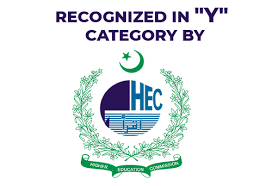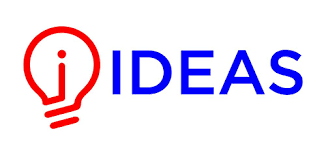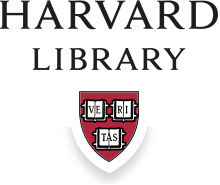Article | Open Access | Published: 5 January 2021
Exploratory Sequential Mixed Methods in Doctorate Research: Extended Application of Constructivist Grounded Theory
| Views: | 159 | | | Downloads: | 156 |
Abstract:
The study demonstrates the trajectory to apply constructivist grounded theory in exploratory sequential mixed methods during doctorate research. It incorporated the author?s systematic review of literature for qualitative, quantitative, and mixed methods to develop meta-inference. Moreover, it highlighted the significance of the implication required by the constructivist grounded theory in an exploratory sequential approach in mixed methods. The findings revealed more accurate insight as compared to other approaches. Furthermore, it concisely covers a comprehensive research problem. In the first stage, this study offers consecutively in-depth understandings of the application of constructivist grounded theory. Primarily, qualitative data should be collected through interviews for developing theory. The second stage dealt with an accumulation of quantitative data through a designed questionnaire to test the newly developed theory empirically in an exploratory sequential mixed method. Finally, the significance of meta-inference was drawn through doctorate research outcomes. The mixed-method is the synthesis of qualitative and quantitative methods. The significance of constructivist grounded theory, quantitative research, and meta-inference in the exploratory sequential mixed methods are worthwhile to those who are working on a doctorate research work. Moreover, it would assist scholars to develop comprehensive knowledge that can be beneficial to academia and practitioners.
Keywords:
Mixed Methods, Meta inference, Sequential exploratory approach, Ph.D. Thesis methodology, Constructivist Grounded Theory.
Publisher:
ILMA UNIVERSITY
Published:
5 January 2021
E-ISSN:
2409-6520
P-ISSN:
2414-8393
This is an open access article distributed under the terms of the Creative Commons Attribution CC BY 4.0 license, which permits any use, distribution, and reproduction of the work without further permission provided the original author(s) and source are credited.














